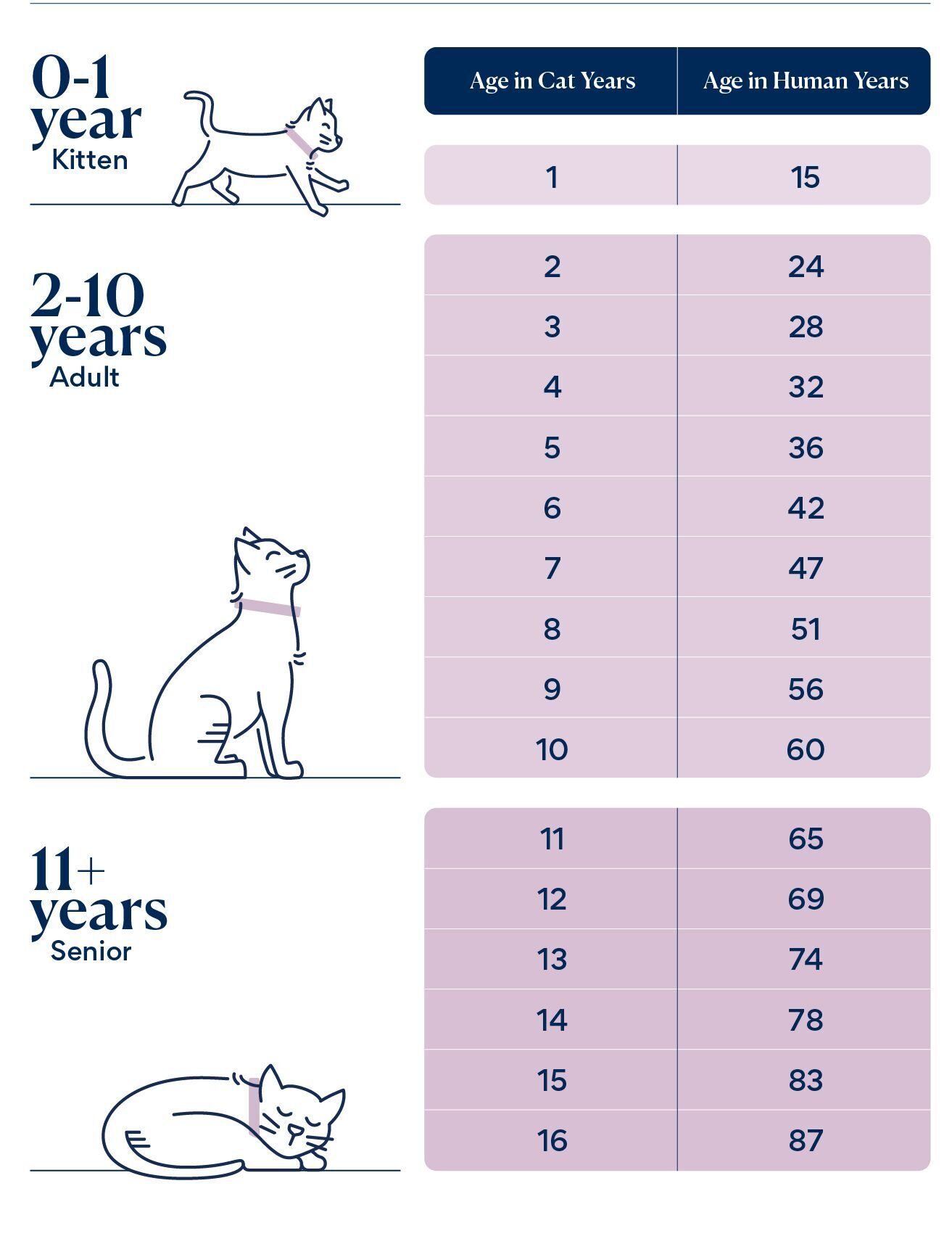Key Takeaways:
- 1. Dogs can donate blood just like humans, and their donations can save other dogs' lives.
- 2. Not all dogs are eligible to donate blood; they need to meet certain criteria such as being healthy, up-to-date on vaccinations, and having a calm temperament.
- 3. Dog blood types are different from human blood types, and it's important to match the donor's blood type with the recipient's to prevent complications.
- 4. The process of donating blood is relatively quick and painless for dogs, usually taking around 10-30 minutes under veterinary supervision.
- 5. Regular dog blood donors play a crucial role in maintaining a sufficient supply of canine blood for emergencies or surgeries, so consider discussing donation eligibility with your vet if you think your dog could help others in need.
Are you a dog lover? Well, get ready to uncover a hidden secret that could potentially save lives. Imagine if your furry friend had the power to be a hero, not just in your eyes but in the eyes of other dogs in need. That's right - today we're diving into the fascinating world of canine blood donation. Understanding this topic is not only essential for dog owners but also for our society as a whole. By delving into this subject, you'll discover how your dog can become a lifesaver and make an impact beyond wagging tails and sloppy kisses. So, let's explore the question on everyone's mind: Can your dog donate blood? Prepare to be amazed by what you learn!
What is dog blood donation and why is it important?
Understanding Dog Blood Donation
Dog blood donation is the process of collecting blood from healthy dogs to be used for transfusions in other dogs. Just like humans, dogs sometimes need blood transfusions when they are sick or injured. Blood donations from other dogs can be a lifesaving treatment for these animals.
During a dog blood donation, a small amount of blood is taken from the donor dog's vein. The collected blood is then carefully tested and processed to ensure it is safe for transfusion. Once approved, the donated blood can be stored and used when needed.
The Importance of Dog Blood Donation
Dog blood donation plays a crucial role in saving lives and providing necessary medical treatments for sick or injured dogs. Just like humans, dogs can suffer from various health conditions that require transfusions, such as severe anemia, trauma, or certain diseases.
By donating their blood, healthy dogs help provide a vital resource that can make a significant difference in the lives of other animals. Dog owners who choose to have their pets become donors are contributing to the well-being and health of countless dogs in need.
Testing dogs for blood donation eligibility
Evaluating Eligibility
Prior to becoming a blood donor, each dog undergoes a thorough evaluation to determine if they meet the criteria for eligibility. Veterinarians assess various factors such as age, weight, overall health, temperament, and vaccination history.
Critical Tests for Donor Dogs
- Blood Typing: Dogs have different blood types just like humans do. It's important to match the donor's blood type with the recipient's to prevent adverse reactions during transfusion.
- Complete Blood Count: This test evaluates the donor dog's red and white blood cell counts, as well as platelet levels. It helps ensure that the dog is healthy enough to donate blood without risking their own well-being.
- Infectious Disease Screening: Donor dogs are tested for common infectious diseases such as heartworm, Lyme disease, and other blood-borne illnesses. This screening ensures that donated blood is safe for transfusion.
Risks and side effects of dog blood donation
Potential Risks
While dog blood donation is generally safe, there are some potential risks involved. These risks can include mild discomfort or pain at the needle insertion site, temporary fatigue or weakness, and a small risk of infection or allergic reactions.
Side Effects to Monitor
- Fainting: Some dogs may feel lightheaded or experience fainting after donating blood. It's important to monitor them closely during and after the donation process.
- Bruising: Bruising at the needle insertion site is a common side effect. It usually resolves on its own within a few days but should be monitored for any signs of infection.
- Anemia: Dogs may experience a temporary drop in red blood cell count after donating blood. This typically resolves on its own within a few weeks, but it's essential to ensure proper recovery.
Which dog breeds can donate blood?
Universal Donor Breed
Greyhounds are often referred to as universal donors in the canine world due to their unique blood characteristics. Their blood type is compatible with most other breeds, making them valuable contributors to canine blood banks.
Blood Type Compatibility
While Greyhounds are the most commonly accepted breed for blood donation, other breeds can also be eligible based on their blood type. It's important to match the recipient dog's blood type with a compatible donor to avoid transfusion reactions.
Frequency and amount of blood donated by dogs
Donation Frequency
Dogs can typically donate blood every 6-8 weeks. This interval allows enough time for their bodies to replenish the donated blood and ensures their overall health is not compromised.
Amount Donated
The amount of blood collected from a donor dog depends on their size and weight. Typically, dogs donate approximately 10-20 milliliters of blood per kilogram of body weight. This ensures that the donation is safe and well-tolerated by the donor.
Using donated canine blood for your own dog's transfusion
Blood Matching and Compatibility
If your dog needs a transfusion, it's crucial to find a compatible donor with a matching blood type. Your veterinarian will perform tests to determine the appropriate match before arranging for a transfusion using donated canine blood.
Blood Bank Availability
In some cases, veterinary clinics may maintain their own blood banks or have access to regional canine blood banks. These facilities store donated canine blood for emergencies or planned transfusions when needed.
In conclusion, dogs can indeed donate blood just like humans. It is a valuable and life-saving act that can help other dogs in need. So, if your dog meets the necessary requirements, consider donating blood to give another furry friend a chance at a healthier life.
Can a dog donate blood to a human?
Similar to humans, dogs can also donate blood. However, there are significant differences between the blood of different species, so human blood cannot be used for pets. Interestingly, the first documented successful blood donation was between dogs, not between humans.
Can animals donate blood to humans?
Typically, it involves transferring blood from an animal to a human. However, there have been additional studies involving transfers between different animal species. This procedure can be done without harming the donor's health, as only a small portion of their blood volume is used each time.
Do dogs have a universal donor blood type?
A dog that has the DEA 4 antigen and no other antigens is known as a "universal" donor. Veterinary transfusion medicine has progressed beyond the use of untested, unmatched red blood cell transfusions.
Can a dog donate blood to a cat?
Transfusing canine blood to cats is typically advantageous. There have been no reports of severe transfusion reactions or any clinical issues when dogs' blood is transfused to cats.
Which animal blood is closest to human?
Pigs are considered to be the most suitable potential donors for humans due to their close immunological relation to humans. This was stated on March 4, 2022.
How much blood can dog donate?
Dogs that weigh 40 pounds or more can donate a half pint of blood every 4 to 6 weeks, while dogs weighing over 50 pounds can donate a full pint of blood every 8 weeks.

















